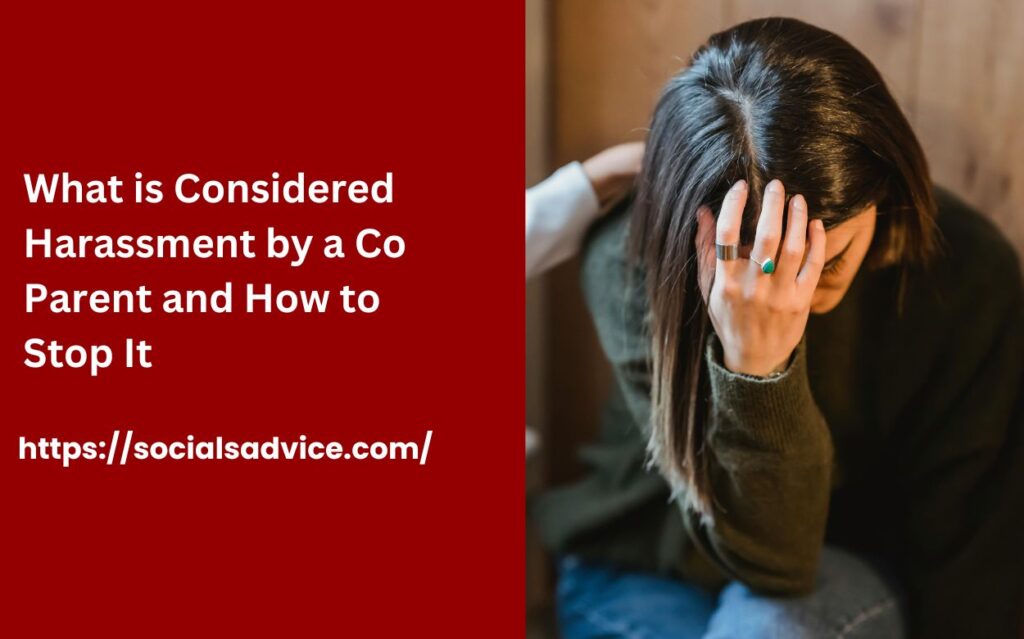
Divorce is a legal agreement in which a parent has the right to make any and all choices regarding the child’s development and upbringing. Sole custody provides decision-making authority and physical custody, requiring one parent to be the primary custodian.
When one parent is awarded full custody, the other noncustodial parent gets some visitation or parenting time, and the court’s decision on custody in India depends on several factors, such as the parent’s history. In the best interests of the child or because of any record of alcohol addiction or abuse. Noncustodial parents often ask if the sole custodial parent can refuse visitation. Let’s take the look at that.
Is It Possible for a Parent with Sole Custody to Refuse Visitation?
Visitation rights and custody are legal matters that must be resolved in the best interests of the child and the parents, including all curricular and co-curricular activities for the child, religion, family rules. And he has full legal capacity to make decisions and receive health care.
If you are also the custodial parent who can refuse sole custody as well as visitation, it is also important to understand that if you have an agreement regarding a custody order, you may not be able to visit the noncustodial parent. You Cannot deny rights too, the custodial parents are bound to follow the court’s decision.
Rights to Visitation
Visitation, also known as parenting time, allows the noncustodial parent to spend time with the child Because they have no physical custody there. The Visitation is considered necessary because it maintains and strengthens the relationship between parent and a child which provides a sense of stability to the child, and promotes emotional bonding.
This process is very beneficial for children as it allows them to have equal interaction with both parents even if one parent has primary custody. Visitation enables the child to maintain contact and share experiences with a noncustodial parent. It also allows the child to grow in a good environment with equal influences from both parents.
What Circumstances Can a Parent Refuse Visitation
A court that prefers a custodial relationship between a child and both parents because the primary concern is the child’s safety, survival and well-being, but both parents with sole custody must fully comply with court orders and while Can a parent with sole custody deny visitation.
However, there are certain situations where visitation is denied:
Domestic Violence
Domestic abuse, also known as domestic violence or intimate partner violence, can be defined as a pattern of behavior in any relationship that is used to gain or maintain power and to Control over an intimate partner is also abusive behavior that involves physical, sexual, emotional, economic, or psychological acts or threats of acts affecting another person that make others feel threatened.
They threaten, threaten, terrorize, manipulate, manipulate, accuse, hurt or injure. Domestic abuse can occur regardless of race, age, sexual orientation, religion, or gender because it can occur in many relationships, including married couples living together or dating. Influences people in educational pursuits.
When the court has a record of child abuse or domestic violence and is neglected by the non-custodial parent, the court may deny visitation for the safety and welfare of the child.
Substance Abuse
When the noncustodial parent has a record of substance abuse that endangers the child’s safety, visitation rights are either supervised or denied altogether.
Abduction
When noncustodial parents try to abduct their children or if they intend to move their child from one place to another without their consent or if there is any document of such previous attempt, the court can refuse to meet.
Health Issue
When the noncustodial parent’s mental health condition poses a threat to the child’s well-being and emotional safety, visitation is either limited to or supervised by appropriate treatment.
Parental Estrangement
When a non-custodial parent engages in manipulation of the other parent in sole custody by making negative comments to manipulate the relationship, the court limits their visitation rights.
Consequences of Refusing Visitation
When a sole custodial parent refuses to visit the other non-custodial parent, there are no consequences if that parent is unable to assert their rights and go to court. Such as:
Covering Legal Expenses
When a non-custodial parent reaches court in case of denied visitation, the custodial parents are required to pay their legal expenses.
Court Disobedience
Custodial parents are held in contempt of court and face numerous costs such as community service, expenses and heavy fines.
Parent Education Program
Custodians are forced to take parenting classes if the custodial parent is refusing to visit them without retribution.
Custody Arrangement Adjustment
The court can change all of its orders because it can remove the custodial parent from sole custody and give it to the non-custodial parent, which is a shock to the custodial parent.
Is it Possible to Adjust Visitation Rights
Visitation rights may also be modified after a divorce decree is issued by a new proceeding, in which the person requesting the modification provides sufficient evidence of the change in circumstances which affect the best interests and wellbeing of a child.
This could also change whether a child is freed in a future contempt of court case by their trial date if the sole custodial parent refuses to follow the court’s decision regarding visitation and court orders, indirectly holding the custodial parent in contempt. The court can deny from that if they are looking to see if they can deny visitation to the sole custodial parent.
Conclusion
Sole custody does not mean that a parent can deny visitation rights because the best interests of the child must come first. The court encourages and supports the involvement of both parents in the child life, even if only one parent has custody.
However, it is very important to address any valid concerns that arise to ensure the child well-being and safety. It is advisable for you to seek legal guidance to navigate the complexities of visitation and custody arrangements and ultimately find a solution that promotes the healthy environment for the child.
FAQs
Can A Parent With the Sole Custody Deny Visitation?
For non-custodial parents, visitation must be kept amicable because it is our job unless it is deemed to be in the best interest of the child.
When can a parent deny visitation rights?
You feel that the welfare of the child is at risk if there is any history of lack of use of a mentor by the noncustodial parent.
Can you modify visitation rights after sole custody is granted?
Yes, if such circumstances arise that you feel that important arrangements should be made which would harm the best possible outcome for the child, Then the arrangement can be changed.


